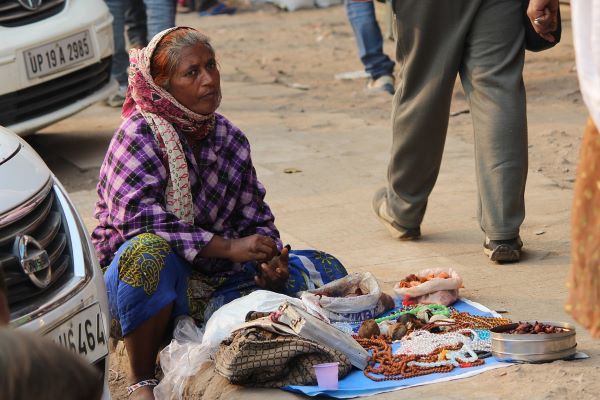Giardiasis is an intestinal infection caused by the protozoan parasite Giardia duodenalis (also known as Giardia lamblia or Giardia intestinalis). It is one of the most common waterborne diseases globally, affecting both humans and animals. The infection can cause a range of gastrointestinal symptoms and is often contracted by consuming contaminated water or food. (Source)
What are the Spread and Transmission of Giardiasis?
Giardia infections are spread through:
- Contaminated Water: Drinking or recreational water contaminated with Giardia cysts is the most common mode of transmission. This includes lakes, rivers, streams, and swimming pools.
- Contaminated Food: Consuming food that has been washed or prepared with contaminated water.
- Person-to-Person Contact: Direct contact with an infected person, particularly in settings like childcare centers or among household members.
- Animal Contact: Contact with infected animals, especially in settings such as petting zoos or farms.
What are the Symptoms of Giardiasis?
Symptoms of giardiasis usually appear 1-3 weeks after exposure and can include:
- Diarrhea: Often greasy and foul-smelling.
- Gas and Bloating
- Abdominal Cramps
- Nausea and Vomiting
- Giardiasis
- Fatigue
- Dehydration
Some individuals may be asymptomatic carriers, meaning they do not exhibit symptoms but can still spread the parasite.
What are the Causes of Giardiasis?
Giardiasis is caused by ingesting Giardia cysts. The lifecycle of Giardia includes:
- Ingestion: Consuming cysts from contaminated water, food, or surfaces.
- Excystation: The cysts release trophozoites in the small intestine.
- Colonization: The trophozoites multiply and attach to the intestinal lining, disrupting nutrient absorption and causing symptoms.
List of Vulnerable Populations
Certain groups are more susceptible to contracting giardiasis or experiencing severe symptoms:
- Young Children: Particularly those in daycare settings.
- Travelers: Especially those visiting regions with poor sanitation.
- Immunocompromised Individuals: Such as those with HIV/AIDS or undergoing chemotherapy.
- Campers and Hikers: Who consume untreated water from natural sources.
List of Potential Health Problems Associated with a Water-Borne Infection-Giardiasis
Giardiasis can lead to several health problems, especially if not treated:
- Severe Dehydration: Due to persistent diarrhea, leading to electrolyte imbalances.
- Malnutrition: Due to impaired nutrient absorption, which can be particularly problematic in children.
- Chronic Infection: In some cases, symptoms may persist for weeks or months.
What Treatment should be taken to cure Giardiasis?
Treatment for giardiasis typically involves:
- Antiparasitic Medications: Metronidazole, tinidazole, and nitazoxanide are commonly prescribed to eliminate the parasite.
- Hydration: Oral rehydration solutions or intravenous fluids to prevent dehydration.
- Symptomatic Relief: Over-the-counter medications for pain and nausea relief.

Also, read: Quickly Know all about Water Borne Infection Hemolytic Uremic Syndrome (HUS)
How to Minimize Exposure to a Water-Borne Infection- Giardiasis?
Preventing giardiasis involves reducing exposure to the parasite:
- Water Safety: Drinking treated or boiled water and avoiding swallowing water from lakes, rivers, and pools.
- Food Safety: Washing fruits and vegetables with clean water and avoiding raw foods in areas where Giardia is endemic.
- Good Hygiene Practices: Washing hands with soap and water after using the bathroom, changing diapers, and before eating or preparing food.
- Travel Precautions: When traveling to regions with known Giardia outbreaks, avoid consuming potentially contaminated foods and beverages.
Sources and References
- Centers for Disease Control and Prevention (CDC)
- Mayo Clinic
- World Health Organization (WHO)
- National Library of Medicine
These resources provide comprehensive information about Giardia, its prevention, and management.





